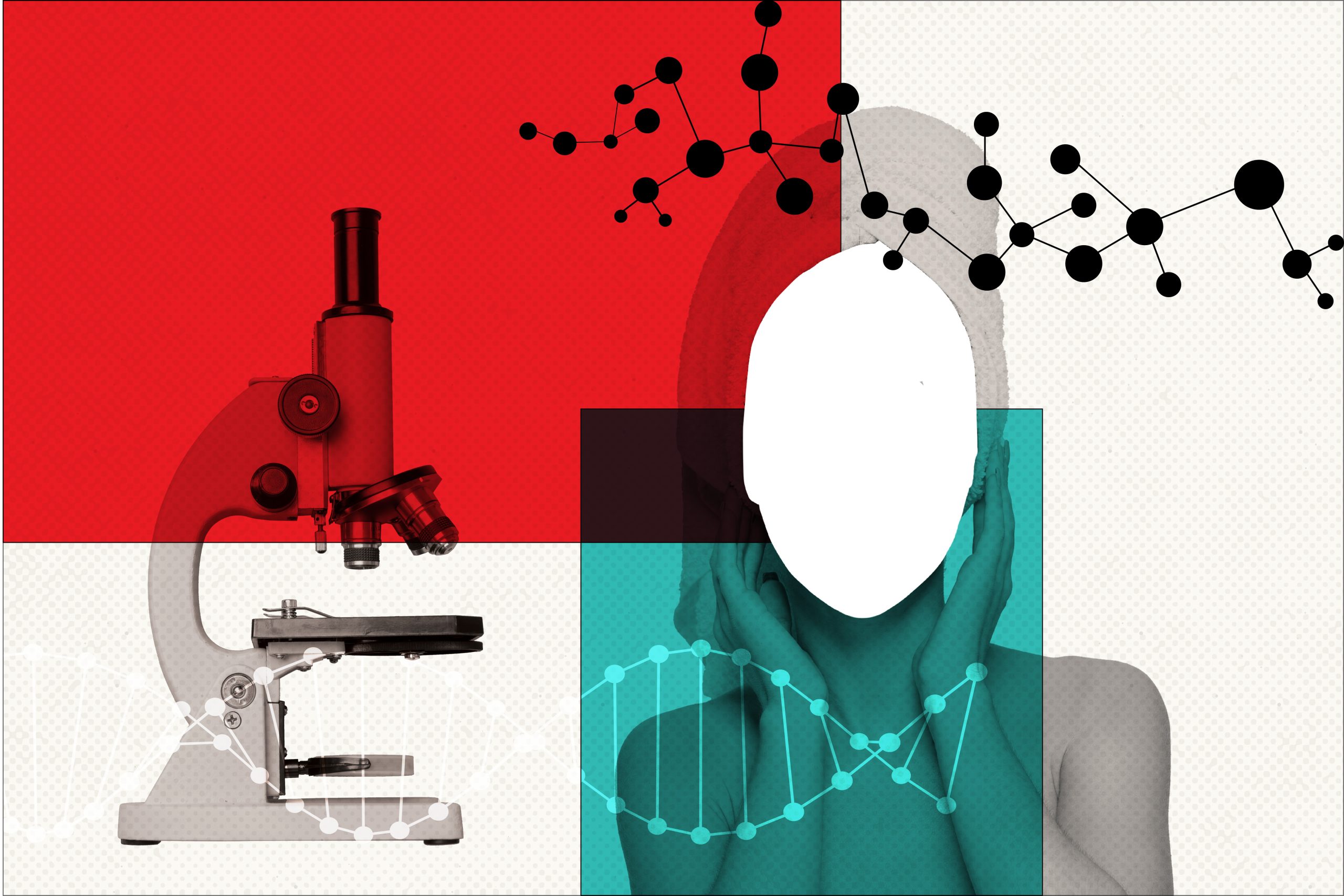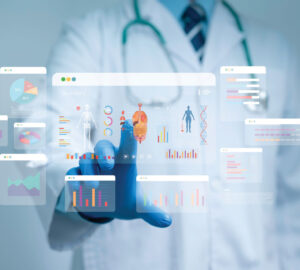Advances in health, wellness and self-care make it clear how many of us strive to better ourselves and the world around us. Whether it’s finding ways to reduce the devastating impact of disease, creating tools to keep people healthy or simply looking for ways technology can improve our daily routines, breakthroughs and new innovations are made every day.
prostate cancer survival
While metastatic prostate cancer accounts for around 5% to 10% of all prostate cancer diagnoses, it is the cause of nearly 50% of deaths related to the disease. Dr. Martin Schoen, an assistant professor of medicine at Saint Louis University, has found quantified trends in the overall survival rate of newly diagnosed cases. This improvement correlates with the emergence of new hormonal treatments. The study reviewed two national datasets to compare the health outcomes of men diagnosed with metastatic prostate cancer between the years 2000 and 2019. Schoen and his team looked at data from more than 73,700 patients. The information showed that the median overall survival for patients under the age of 70 had significantly improved. However, there was little change for men over 70. “In the last 10 years, several new therapies have been created that have made a dramatic impact in clinical trials,” Schoen says. “We wanted to study this in the general population to assess whether these breakthroughs were making its way to them.”
the impact of childhood obesity
Around 20% of kids and teens are considered obese, leading to a variety of health concerns like arthritis and heart conditions. Researchers at Shriners Children’s have developed a new technology that could prevent the effects of childhood obesity. Using gene therapy, the team discovered a way to turn harmful fatty acids into beneficial ones. The technique uses an inactive virus, adeno-associated virus (AAV), to deliver the gene for a specific enzyme into cells, which converts highly inflammatory Omega-6 fatty acids to Omega-3 fatty acids. “The modern diet, especially in the United States, tends to be high in Omega-6s and low in Omega-3s, which can lead to an imbalance, especially for kids,” director of research Dr. Farshid Guilak says. “The implications for how this research might be used in the future are vast but we’re excited about the potential for it to help kids lead healthier lives.”
hope for brain cancer
Patients with glioblastoma, an aggressive type of brain cancer, often survive less than two years after diagnosis. Attempts to develop immunotherapy to treat the disease have been unsuccessful. This may be because glioblastoma cells don’t have natural targets for the immune system to attack. Researchers at Washington University School of Medicine have found a way to make the cancer cells visible to attacking immune cells, making immunotherapy a more viable treatment option. Using a combination of two FDA-approved cancer drugs, the team was able to trigger glioblastoma cells to produce proteins that could be used as a target in a treatment. “This is a very new way of designing targeted and precision therapies for cancer,” says senior co-author Ting Wang, Ph.D., head of the department of genetics. “We are hopeful that in the near future we will be able to move into clinical trials, where immunotherapy can be combined with this strategy to provide new therapeutic approaches for patients with very hard-to-treat cancers.”
monitoring diabetes
A patient at Mercy was the first to receive the world’s only 365-day continuous glucose monitor. The milestone was part of the health care system’s collaboration with Senseonics, a medical technology company focused on the development of long-term, implantable glucose monitoring systems. The Eversense 365 provides one-year of monitoring with minimal interruption, improving patients’ quality of life. “Without the technology, patients deal with constant finger pricks to test their glucose or have sensors that need to be replaced every few days,” says Dr. Jeff Ciaramita, Mercy’s president of specialty service lines. “This is a pivotal moment for people with diabetes because this groundbreaking technology allows patients a more convenient and reliable way to manage their condition for an entire year with a single sensor.”
ai & beauty
Like it or not, AI, or artificial intelligence, is becoming a part of everyday life—whether you’re using it to generate images or help you write a work email. The technology has already made its way into your beauty routines, and its impact will likely only increase. Predictive AI, which looks for patterns in data to predict future outcomes, and generative AI, which uses prompts to create new content, have both been used for years. If you’re ever taken a quiz to find the right moisturizer, tried a shade of lipstick on virtually or had your skin scanned to find the perfect foundation match, you’ve used AI to bolster your beauty routine.
Beauty companies are now expanding the way in which they use AI. L’Oréal has a platform called Augmented Beauty, which uses the technology to analyze data on ingredients in order to more effectively and efficiently develop new products. It’s also being used to create smart beauty devices. Nimble is an at-home manicure machine that scans, paints and dries your nails using AI technology. Similar machines have been created by Clockwork to provide manicures commercially in public locations like airports. Brands like Function of Beauty and DCYPHER use AI to create bespoke, customizable products.
bioengineering & sustainability
Many consumers often look for natural and vegan formulas in their beauty products. While there are many benefits to such products, sustainability is not one of them. Growing ingredients can lead to land destruction, water usage, pollution and a loss of biodiversity both on land and in the ocean. Bioengineering is one way to offset these negative effects. Labs are finding ways to replicate ingredients that occur in
organisms in nature for mass production. An example is the skin care company Algenist, which uses bioengineering to manufacture alguronic acid—a mix of polysaccharides found in microalgae. The brand Evolved by Nature used biotech to replace petroleum-based ingredients. Instead, it uses peptides from renewably-sourced silk proteins. Larger companies like Unilever and L’Oréal are partnering with biotech firms to create alternatives to non-sustainable ingredients like fossil fuels and palm oil.








